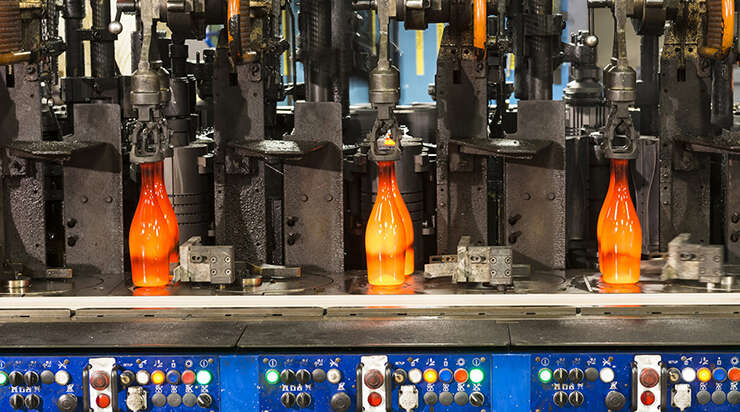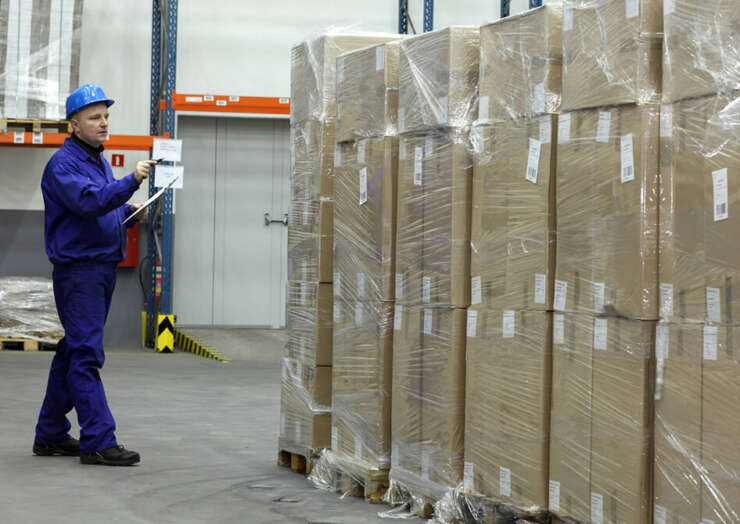An efficient, hard-working and friendly team is often the making of a successful hospitality business. So it can be quite disruptive when employees need to take leave.


An efficient, hard-working and friendly team is often the making of a successful hospitality business. So it can be quite disruptive when employees need to take leave.

With loyal customers being worth up to 10 times as much as their first purchase, it pays to keep in touch even after you’ve made the sale. After all, they’re not easy to replace—new customers are in limited supply, significantly less likely to buy, and up to six times more expensive to sell to than your existing customer base. So it’s important for retailers to retain their customers by building authentic relationships that benefit both parties.

Staff turnover always seems to be a struggle for businesses in the hospitality industry.
By its nature, working in cafés, restaurants, and even take-away food outlets is a high-stress occupation. Add to this, relatively lower pay rates, long shifts, or erratic schedules, and it’s not surprising that many employees suffer burnout.

Overstocked? Don’t worry, this negative can be turned positive.
Being overstocked by nature isn’t normally a great problem to have. You basically have too much stock that you haven’t been able to shift – somewhere along the line something has gone wrong, be it a large order falling over, incorrect forecasting or stock mismanagement. However, let’s not look at this as a negative, but focus on turning this opportunity into something beneficial for your business. So, why is too much inventory a positive thing for you?

Manufacturers and inventory obviously go hand in hand, it’s not like you can manufacture anything without the necessary parts. However, even with simpler manufacturing jobs, there are a lot of moving parts, and managing the supply chain can become a complex business. It’s one big juggling act, and if you drop one of the balls it can send it all spiraling out of control. However, with inventory management and modern software a lot of the worries of old can be controlled.
Here’s how inventory management can help a manufacturers business performance.

“We should catch up more often!” “Ooh, I could get used to this!” “I’ve been meaning to do that more often” “Mmm, this is the life…” Sound familiar? If you’ve ever said (or thought) the above, you’re not alone. It’s natural for the holidays to shape your ambitions for work/life balance in the year ahead. Unfortunately, the stats show for…

‘There are just not enough hours in the day!’ you cry with a desperation rivalling Tom Hanks’ Wilson-I’m-Sorry and fall to your knees in despair.
Okay, maybe that’s a little dramatic. But if you’re a business owner, I’m sure that sentiment or something like it has at least crossed your mind before. Maybe more than once.
And when you’re working crazy hours six or seven days a week just to get everything done, sometimes a deserted island with only a volleyball for company doesn’t actually sound so bad…

For a number of years, advancements in technology have been the driving force behind most of the recent innovations in business and business management. Our systems are continually being optimized, our processes streamlined and our use of automation made more precise and more intuitive.

This is the first article in a series of posts about Debtor Radar, a new debtor analysis and cash flow advisory tool for accountants from Debtor Daddy. If you’re an accountant you’ll be able to learn more here.
Our goal with Debtor Radar is simple: Help more small businesses solve the cash flow troubles caused by debtors.

Effective job scheduling is one of the most important but least understood disciplines of business management. Assigning the correct employee to the right job at the right time is crucial for business success, especially for companies with a mobile workforce. So why don’t some managers give it more of their attention?